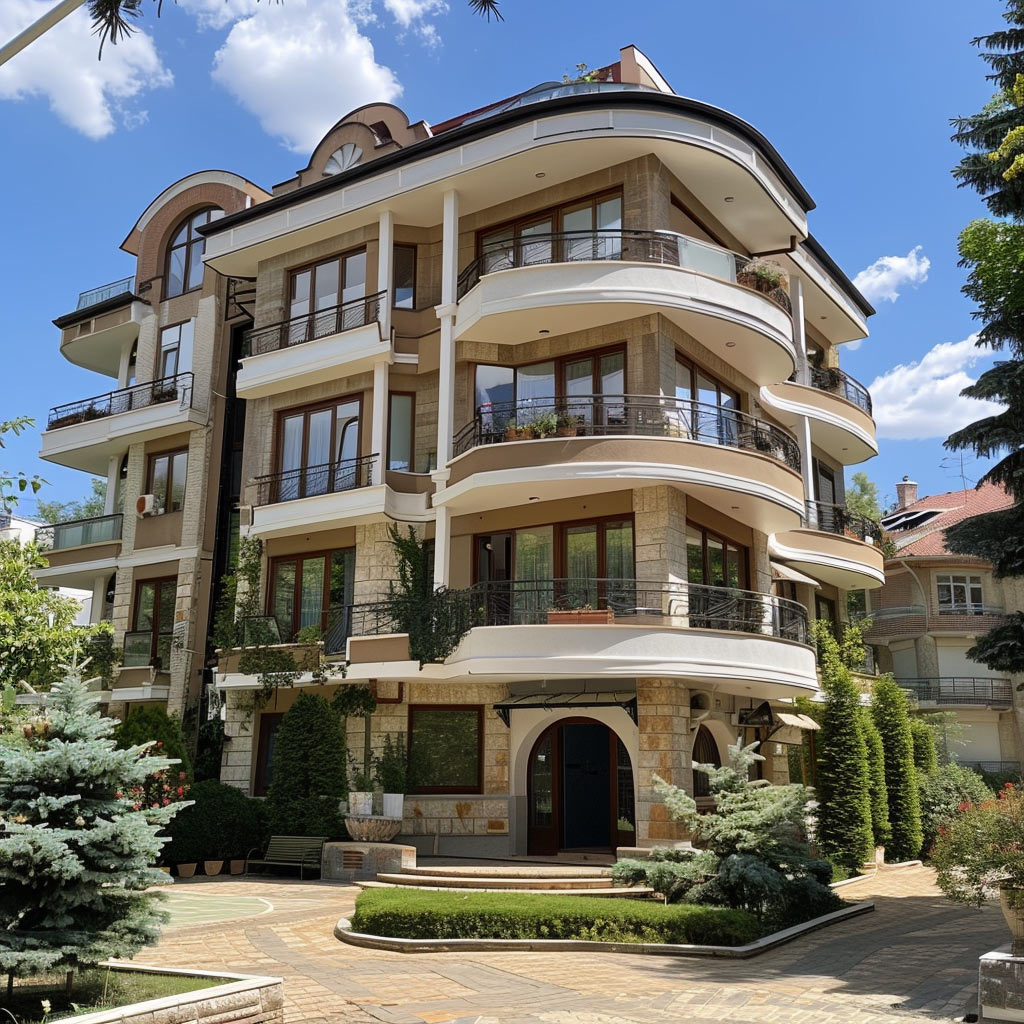In the tapestry of life, change is the only constant. This rings especially true when we consider the recent shifts in where and how people choose to live, both within the United Kingdom and beyond its borders. Contrary to the popular narrative that city living is the pinnacle of modern existence, a growing number of individuals are charting a different course, seeking solace in places less trodden or even outside the country altogether. Let’s dive into this intriguing trend of internal and international migration, focusing on the unexpected destinations and the unconventional ways people are moving.
The UK’s Internal Shuffle
While the allure of London’s bright lights remains undimmed for many, an increasing number of Brits are setting their sights on quieter, more affordable locales. According to the relocation portal that tracks removal companies and their patterns Removal Reviews, cities such as Birmingham, Manchester, and Leeds are seeing a surge in popularity, not just for their economic opportunities but also for their vibrant cultural scenes and lower cost of living. Meanwhile, coastal towns and rural areas are becoming hotspots for those seeking a closer connection to nature and a more relaxed pace of life. This shift suggests a reevaluation of what truly constitutes quality of living, challenging the long-held belief that urban centers are the ultimate residential choice.

The How of Moving: Beyond the Moving Company
The logistics of relocating are evolving just as much as the destinations. While professional moving companies still play a crucial role, particularly for large or long-distance moves, many are turning to more budget-friendly and flexible options. Removal companies may cost £1500 for a 2 bedroom home and about £475 for a full packing service. DIY moves are on the rise, with individuals renting vans or leveraging peer-to-peer moving help platforms to cut costs. The average cost of moving varies widely, from a few hundred pounds for a local, self-managed move to several thousand for a full-service relocation to a different city or country. This democratization of moving methods reflects a broader trend of personalized and cost-effective living solutions.
Europe’s Call: Why Bulgaria is Becoming a Hotspot
When it comes to international relocation, Europe remains a prime destination for Brits seeking a change of scenery. Spain, France, and Portugal traditionally dominate the conversation, but it’s Bulgaria that’s quietly emerging as a surprising frontrunner. This Balkan nation offers an enticing combination of affordable living, rich cultural experiences, and stunning natural landscapes, from the serene Black Sea coast to the rugged beauty of its mountain regions.
But why Bulgaria, you might ask? Beyond its economic advantages, Bulgaria presents a lifestyle radically different from the UK’s frenetic pace. Its relaxed approach to life, deep-rooted traditions, and welcoming communities offer a stark contrast to the hustle and bustle many are eager to escape.
According to the property listings website Realistimo, Bulgarian real estate properties ranks as some of the most affordable in Europe, with both flats and houses, whether located near the shoreline or in major urban centres, being available at prices significantly lower than those found in the UK, often less than a third.
Moreover, for those seeking a sustainable and self-sufficient way of life, Bulgaria’s countryside offers ample opportunities, making it an increasingly popular choice for expats and remote workers alike.
The narrative of migration within the UK and to Europe is undergoing a fascinating transformation. As individuals seek out new horizons, their choices challenge conventional wisdom about where and how to live. From the bustling cities of the UK to the tranquil villages of Bulgaria, these movements signify a deeper quest for a fulfilling and sustainable lifestyle. In this era of change, the only question that remains is, where will this journey take us next?



